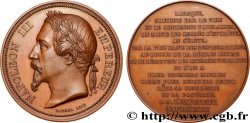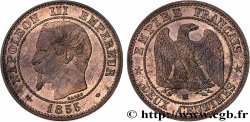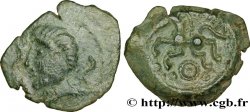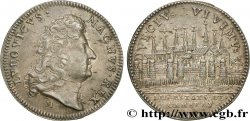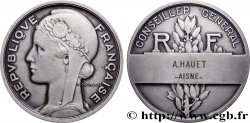Live auction - fme_592274 - SECOND EMPIRE Médaille, Napoléon III, Palais de l’Industrie
You must signin and be an approved bidder to bid, LOGIN TO BID. Accounts are subject to approval and the approval process takes place within 48 hours. Do not wait until the day a sale closes to register. Clicking on "BID" constitutes acceptance of the terms of use of cgb.fr private live auctions.
Bids must be placed in whole Euro amounts only. The sale will start closing at the time stated on the item description; any bids received at the site after the closing time will not be executed. Transmission times may vary and bids could be rejected if you wait until the last second. For further information check the Live auction FAQ
All winning bids are subject to a 18% buyer’s fee.
All winning bids are subject to a 18% buyer’s fee.
| Estimate : | 100 € |
| Price : | 30 € |
| Maximum bid : | 35 € |
| End of the sale : | 14 November 2023 16:27:52 |
| bidders : | 1 bidder |
Type : Médaille, Napoléon III, Palais de l’Industrie
Date: 1855
Mint name / Town : 75 - Paris
Metal : copper
Diameter : 49,5 mm
Orientation dies : 12 h.
Engraver CAQUÉ Armand Auguste (1795-1881)
Weight : 61,1 g.
Edge : Lisse + main CUIVRE
Puncheon : MAIN Cuivre
Coments on the condition:
Jolie patine marron. La médaille présente de petites marques d’usure et quelques coups et rayures. La médaille est conservée dans une boîte cartonnée rouge à feutrine bleue
Obverse
Obverse legend : NAPOLÉON III - EMPEREUR.
Obverse description : Tête laurée à gauche de Napoléon III; signé : E. A. OUDINE.
Reverse
Reverse legend : PALAIS DE L’INDUSTRIE, (LÉGENDE SUPÉRIEURE); COMMENCE 10 FÉVR : 1853. ACHEVÉ AVRIL 1855. / NAPOLÉON III EMPEREUR / A. FOULD, CTE DE PERSIGNY, MAGNE / MINISTRES. / VTE DE ROUVILLE DIRECTEUR. / ARDOIN, RICARDO, BOUISSIN / ADMINISTRATEURS / VIEL ARCHIT. (EN 7 LIGNES À L’EXERGUE).
Reverse description : Vue axonométrique sur le Palais de l’industrie.
Commentary
L’exposition universelle fut décrétée pour le 15 mai 1855 pour témoigner au monde entier de la prospérité de la France, suite à l’exemple de l’Angleterre en 1851. Napoléon III inaugura cette première exposition universelle française en déclarant : “j’ouvre avec bonheur ce temple de la paix qui convie tous les peuples à la concorde”.
Le palais de l’industrie étonna par sa construction métallique et la hardiesse de la nef centrale haute de 35 mètres. Construit de 1853 à 1855, sur les plants de l’architecte Jean-Marie VIel (1797-1863), il forme un parallélogramme de fonte et de verre à deux étages, dont les façades principales ont 252 mètres de long, et les façades latérales 108 mètres. Il est composé d’un pavillon central et de pavillons d’angle. L’entrée principale se compose d’une immense arcade, flanquée de chaque côté de colonnes corinthiennes et surmontées d’une attique que décorent un bas-relief.
Le palais subsistera jusqu’en 1900 pour ensuite être démoli et remplacé par les Petit et Grand Palais actuels construits pour l’Exposition Universelle de Paris en 1900.
Source : Médailles de Napoléon III, Hess Divo.
Le palais de l’industrie étonna par sa construction métallique et la hardiesse de la nef centrale haute de 35 mètres. Construit de 1853 à 1855, sur les plants de l’architecte Jean-Marie VIel (1797-1863), il forme un parallélogramme de fonte et de verre à deux étages, dont les façades principales ont 252 mètres de long, et les façades latérales 108 mètres. Il est composé d’un pavillon central et de pavillons d’angle. L’entrée principale se compose d’une immense arcade, flanquée de chaque côté de colonnes corinthiennes et surmontées d’une attique que décorent un bas-relief.
Le palais subsistera jusqu’en 1900 pour ensuite être démoli et remplacé par les Petit et Grand Palais actuels construits pour l’Exposition Universelle de Paris en 1900.
Source : Médailles de Napoléon III, Hess Divo.







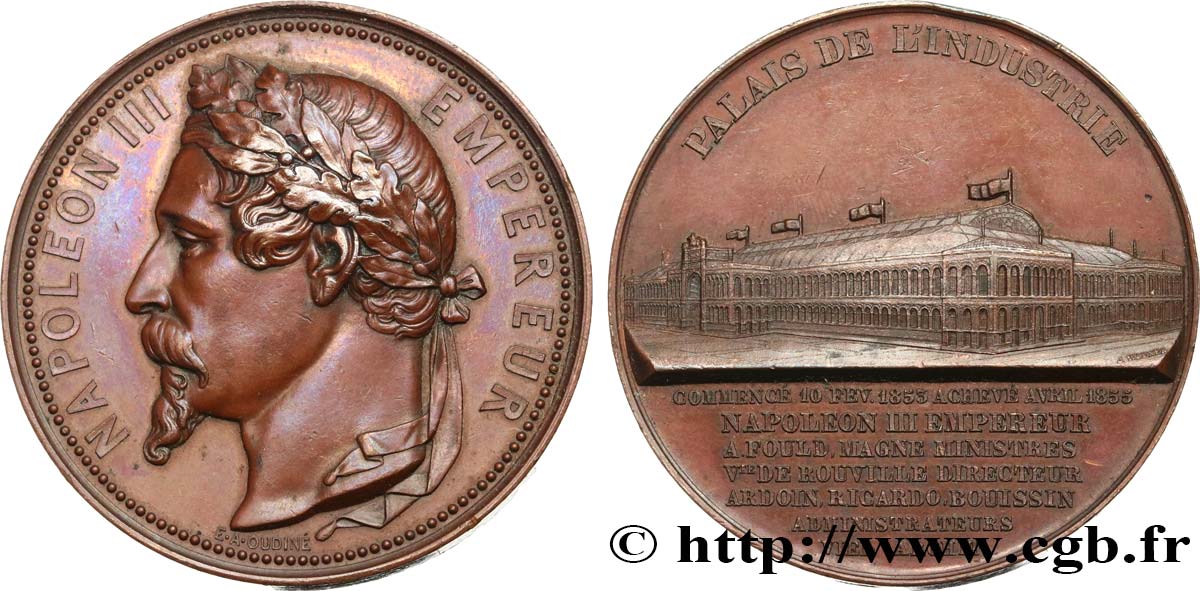
 Report a mistake
Report a mistake Print the page
Print the page Share my selection
Share my selection Ask a question
Ask a question Consign / sell
Consign / sell
 Full data
Full data


